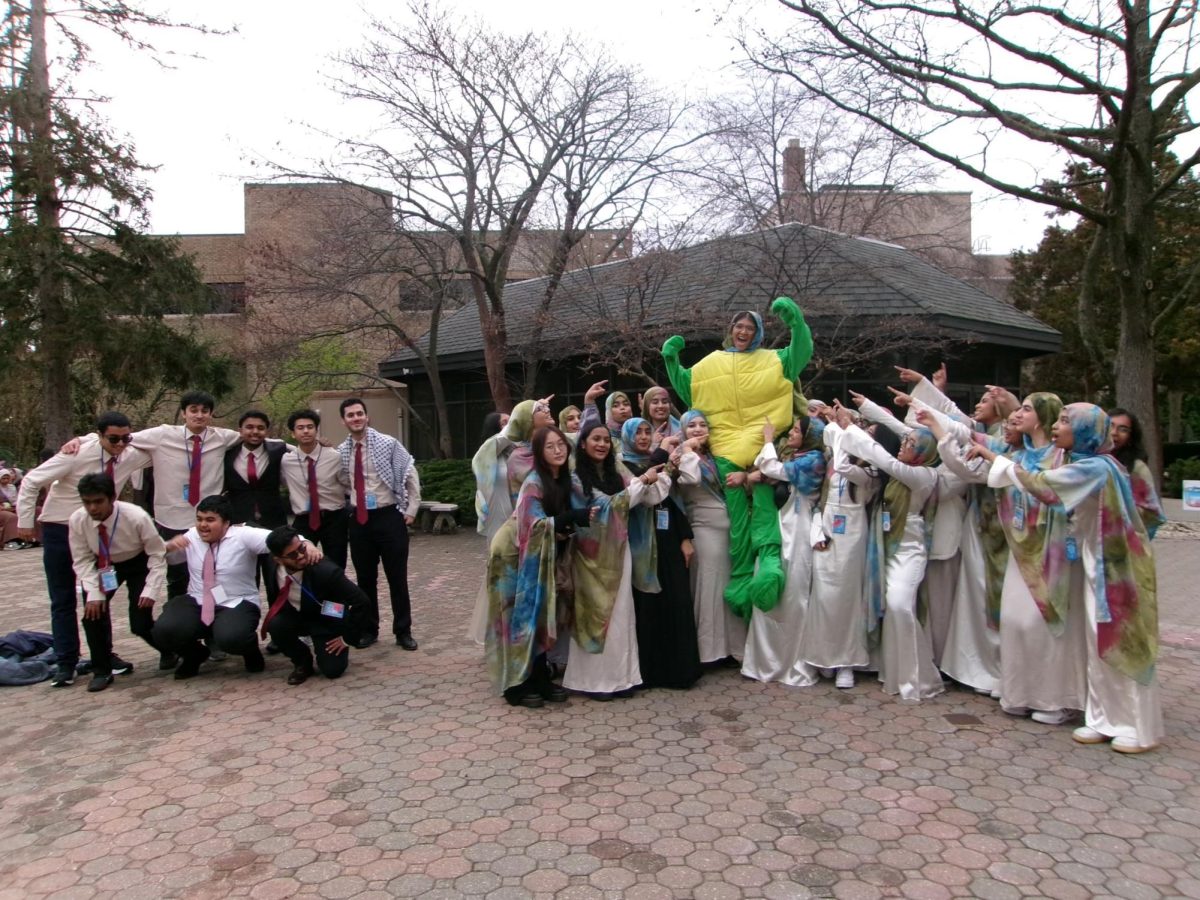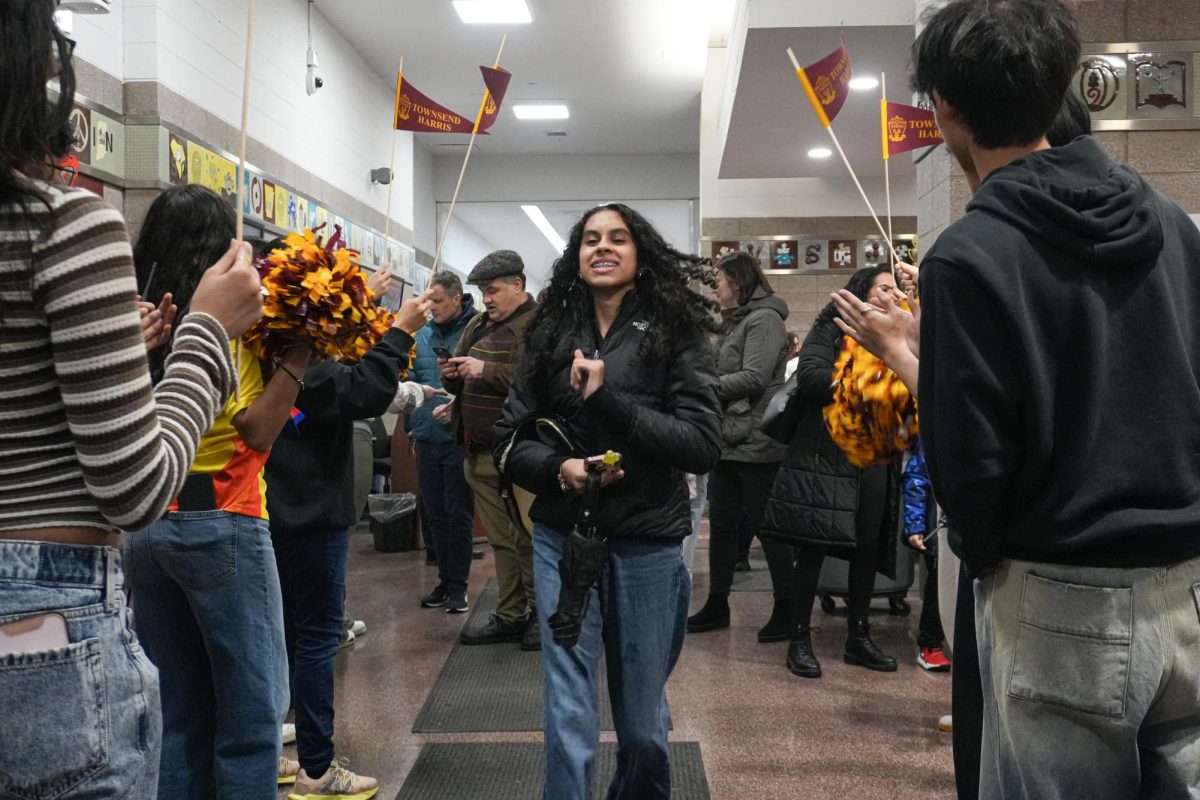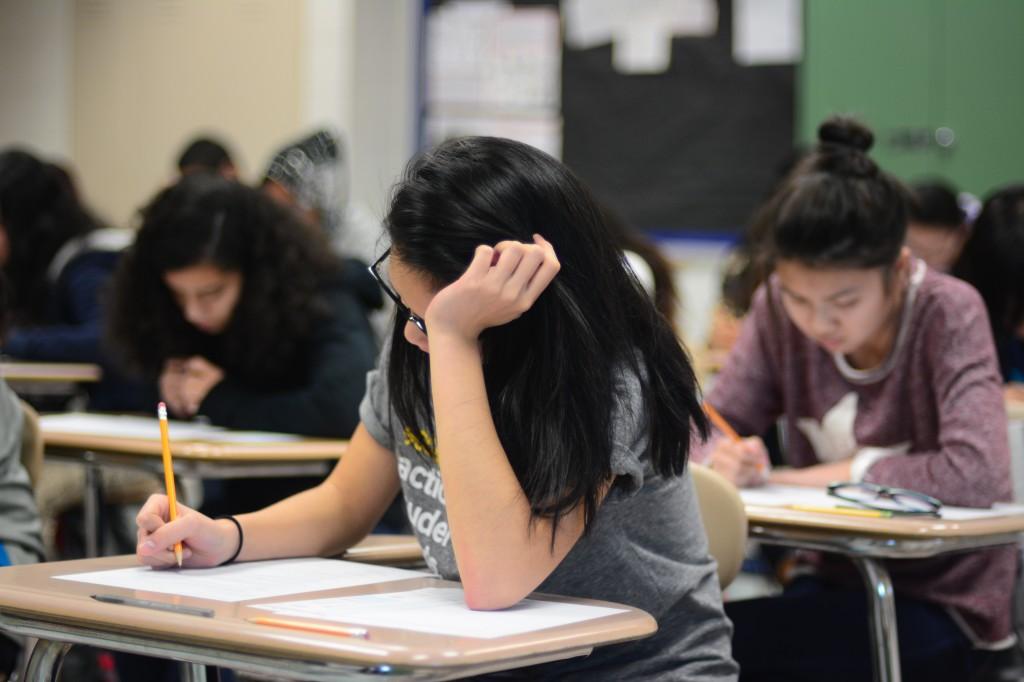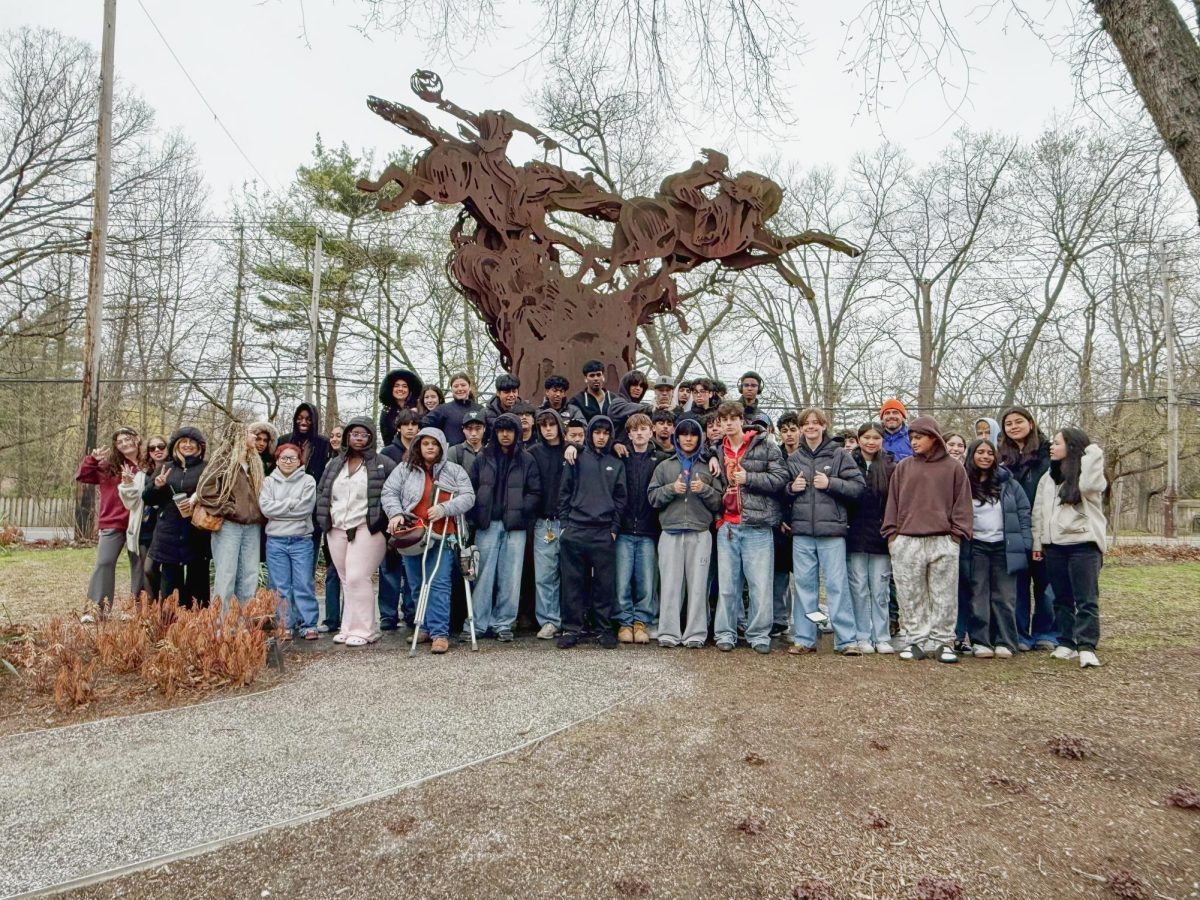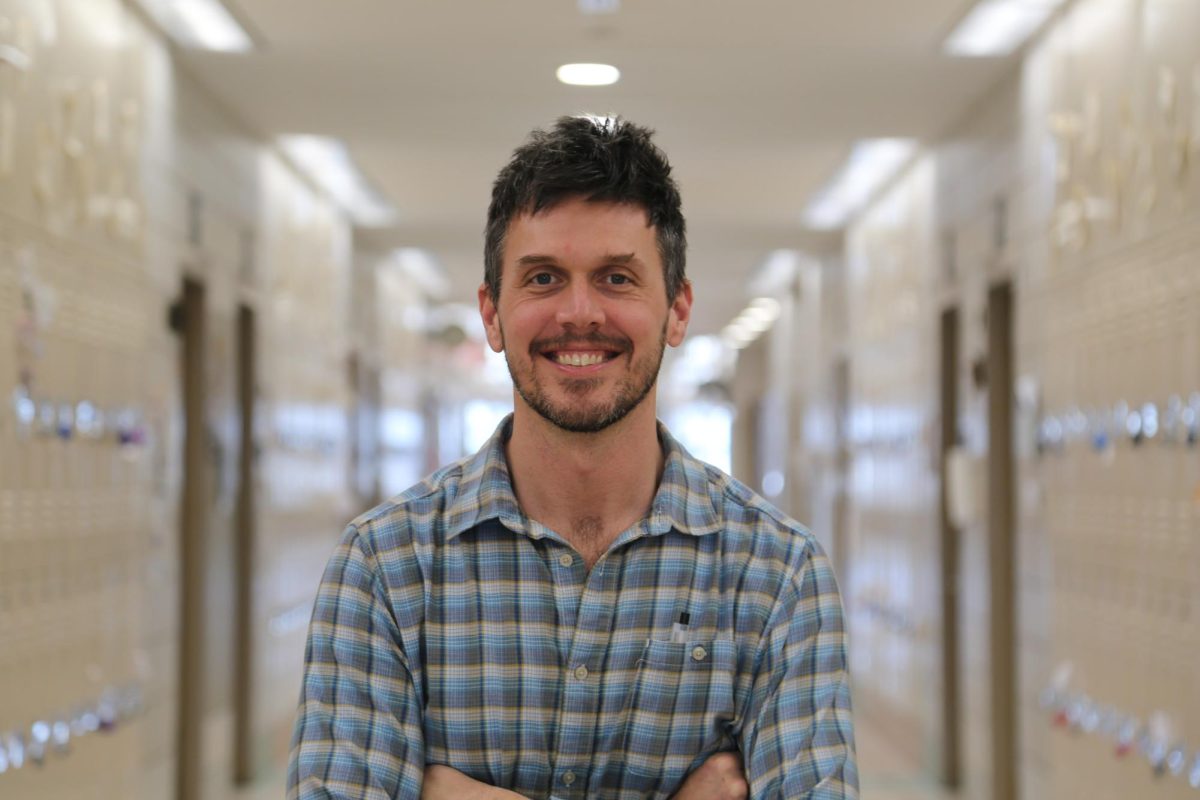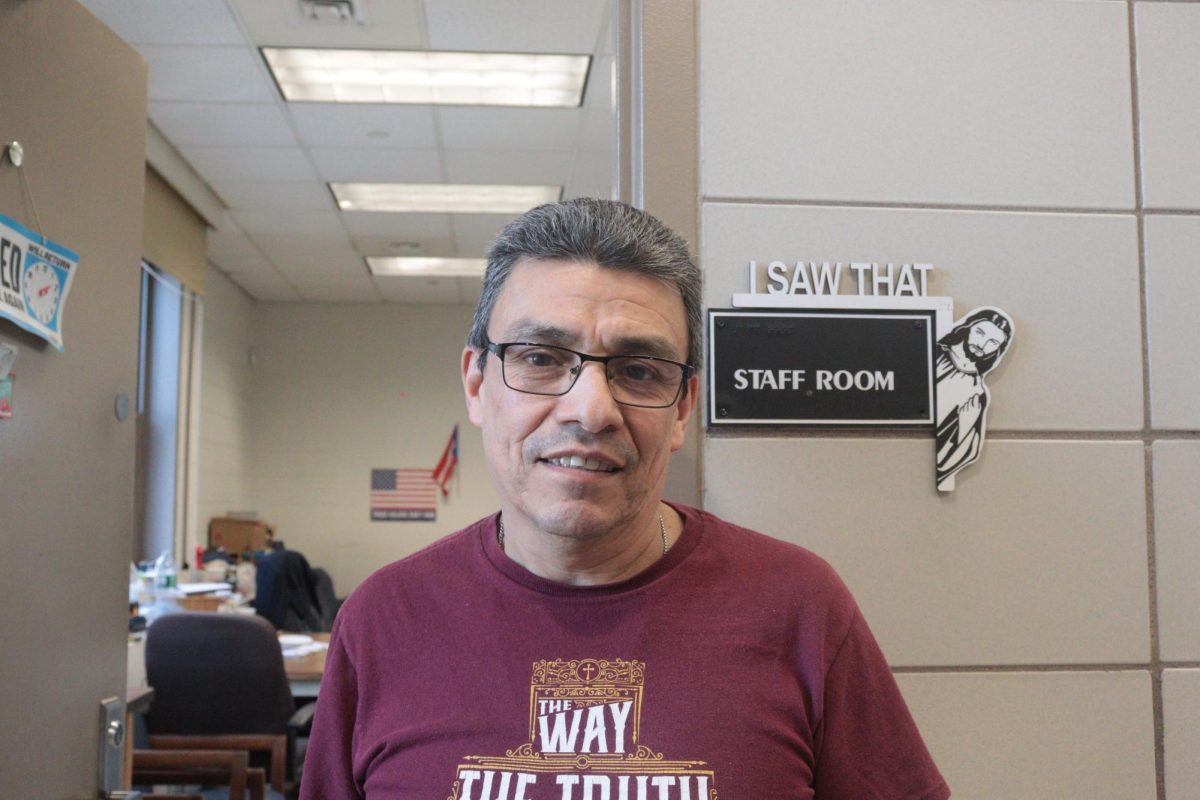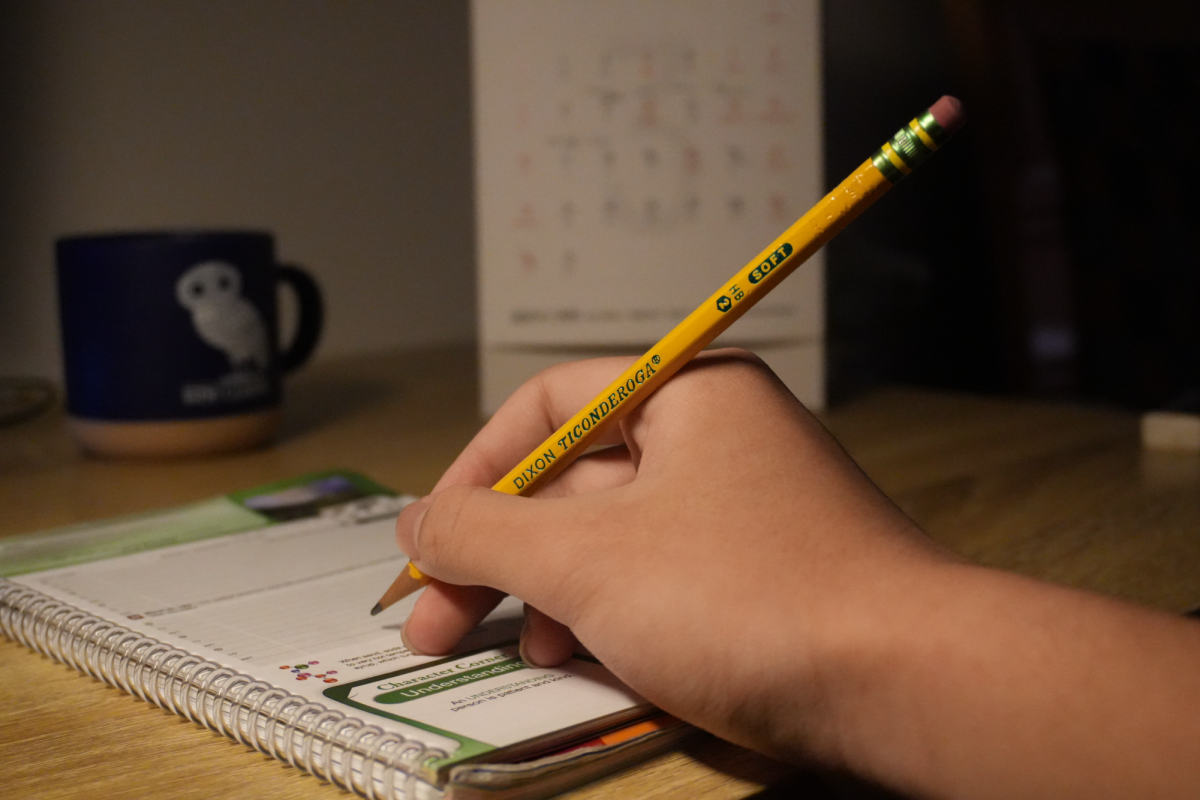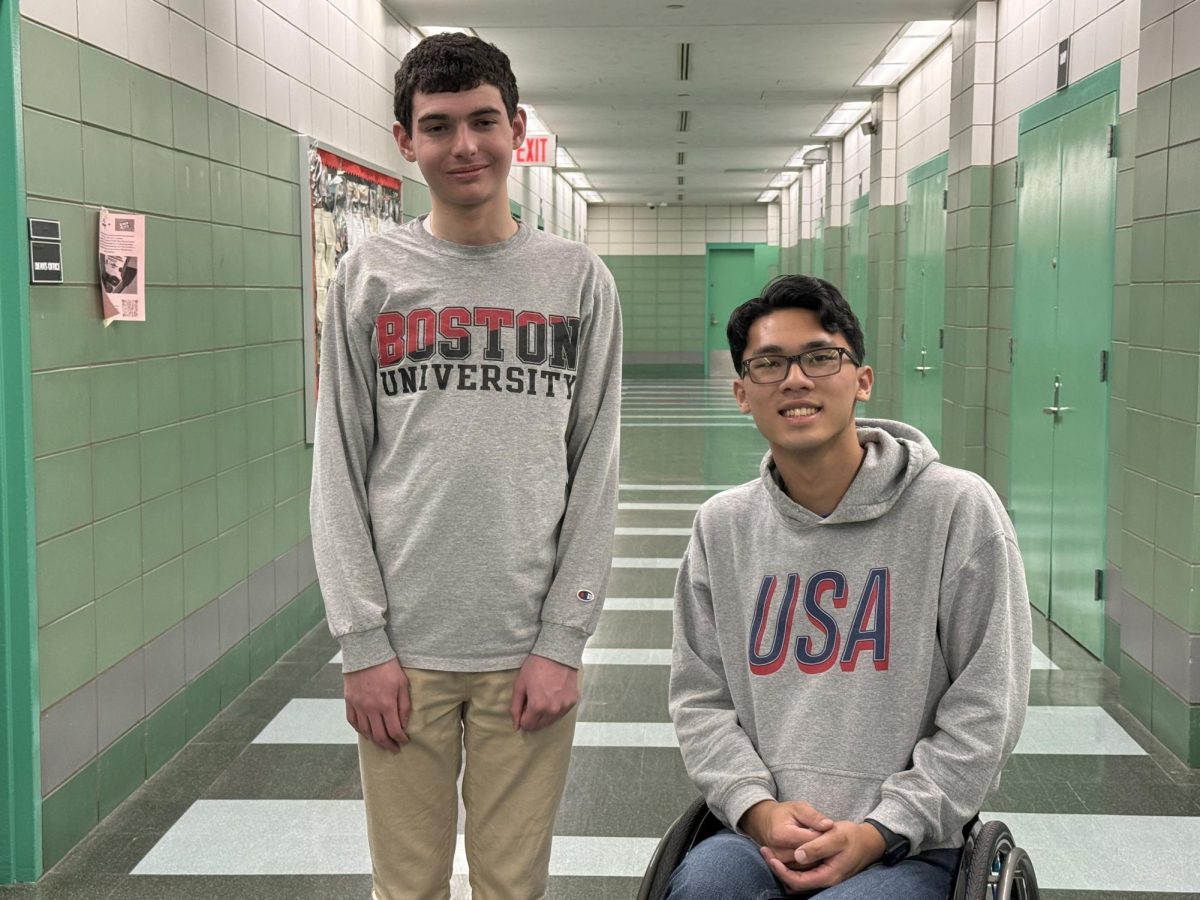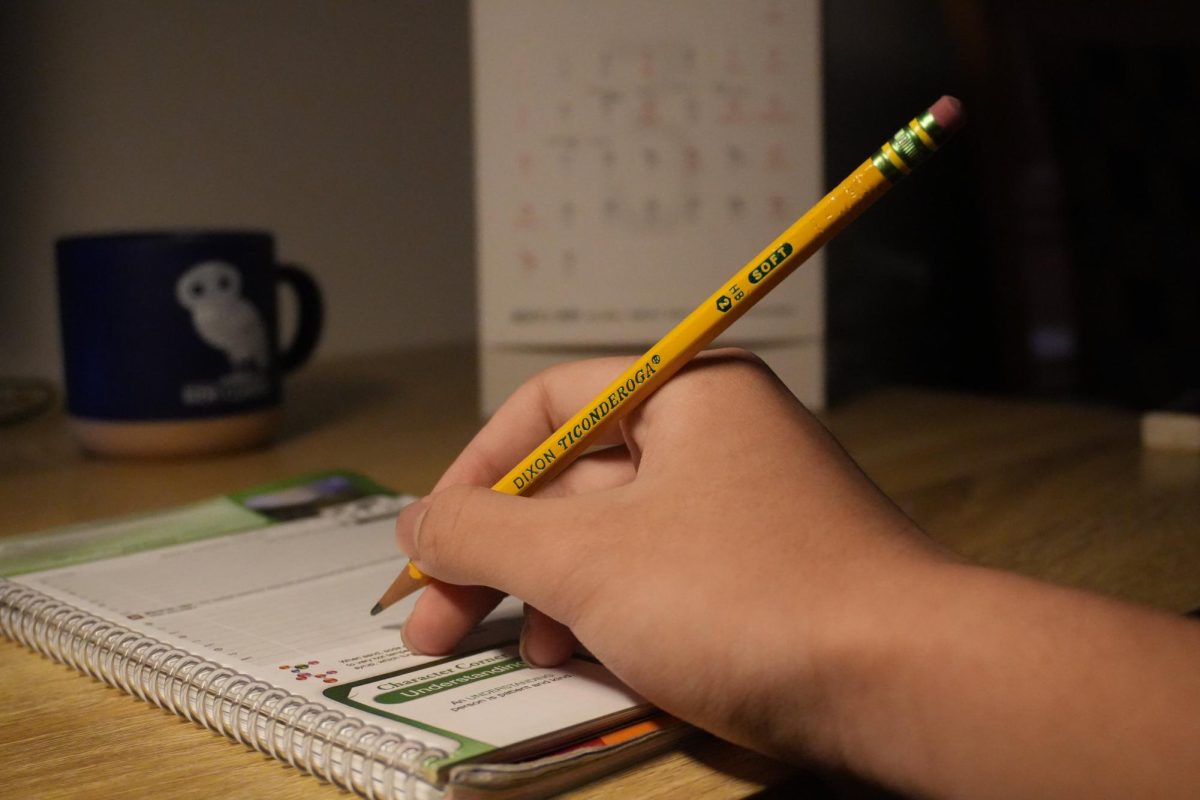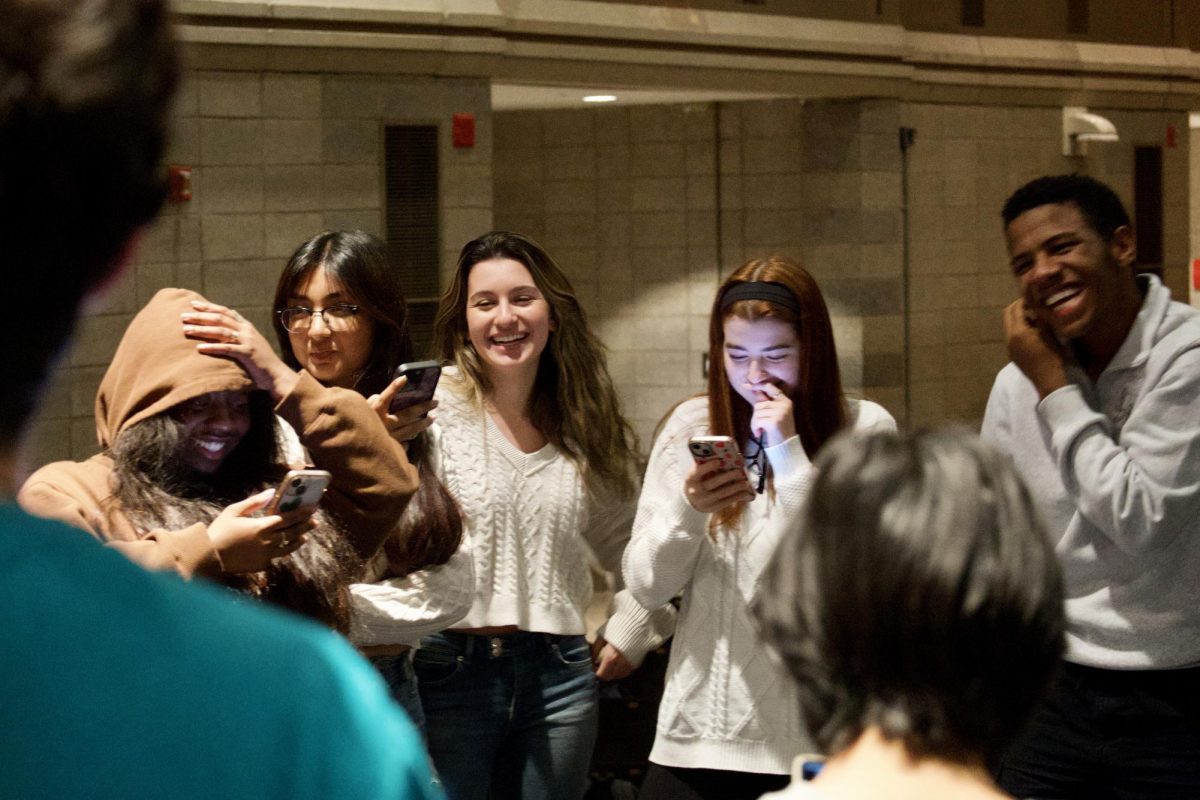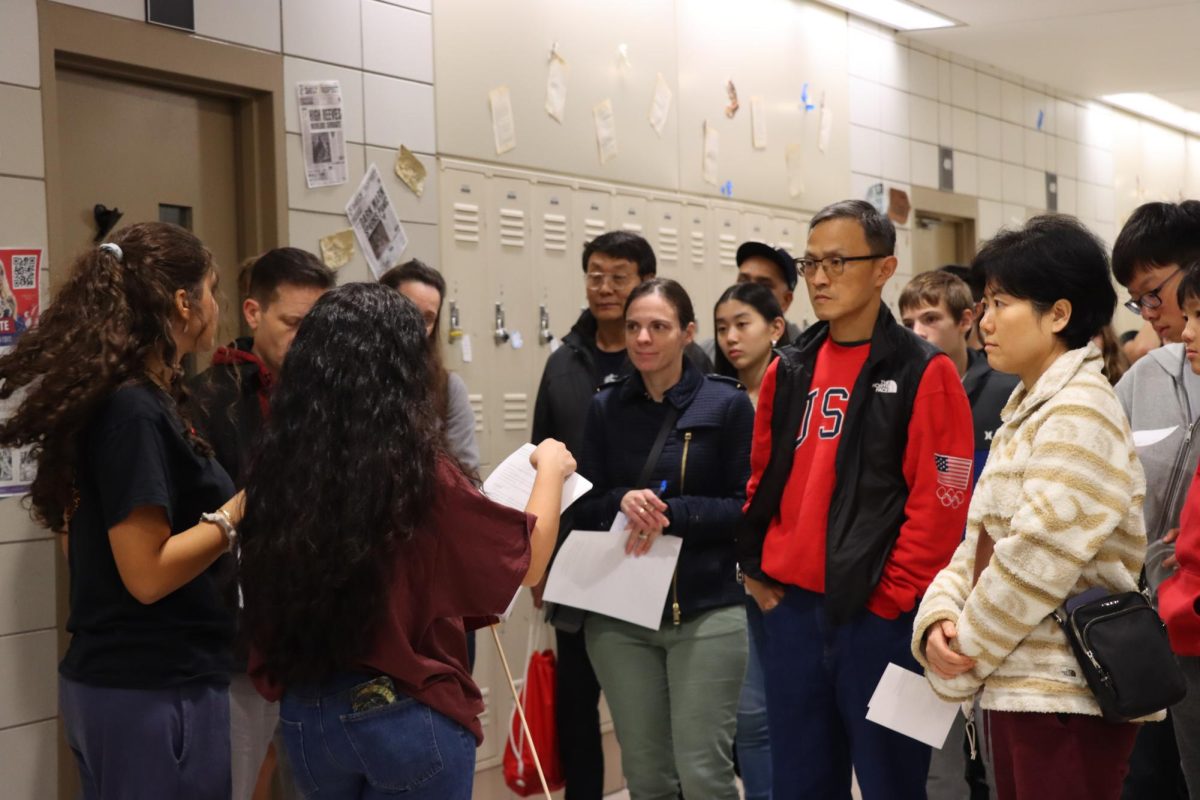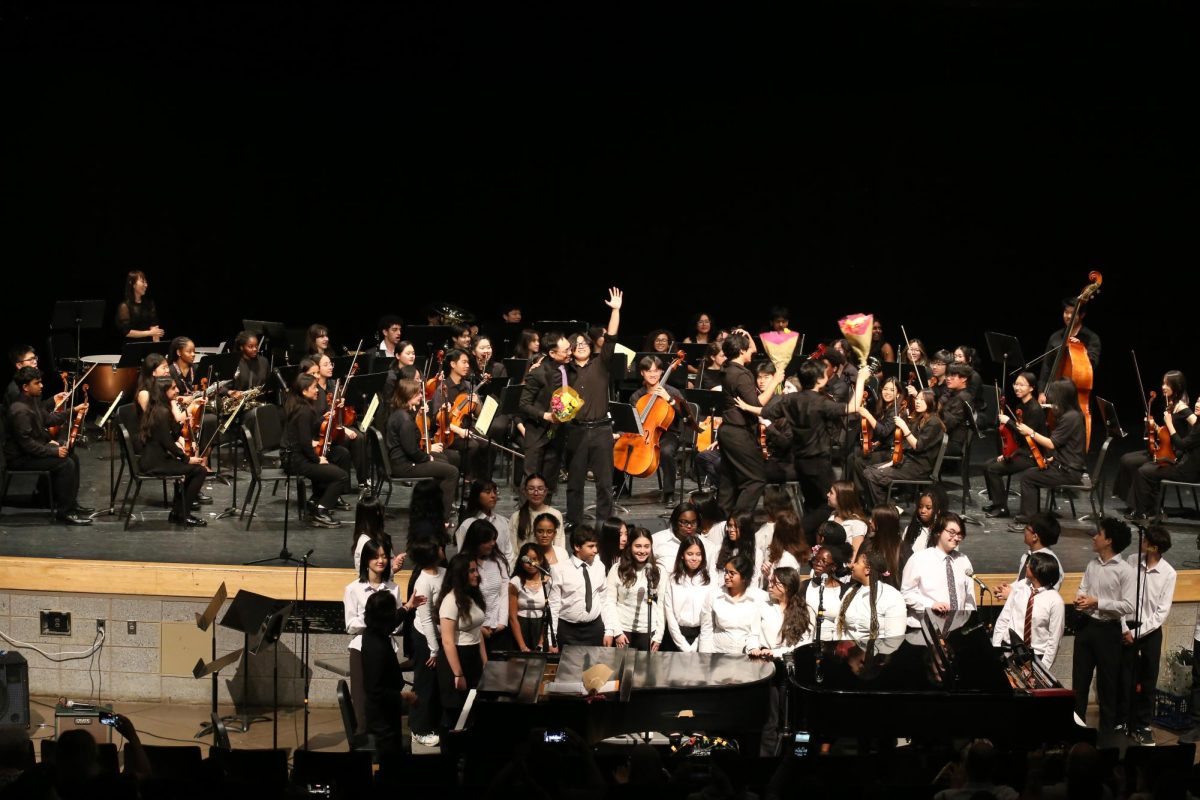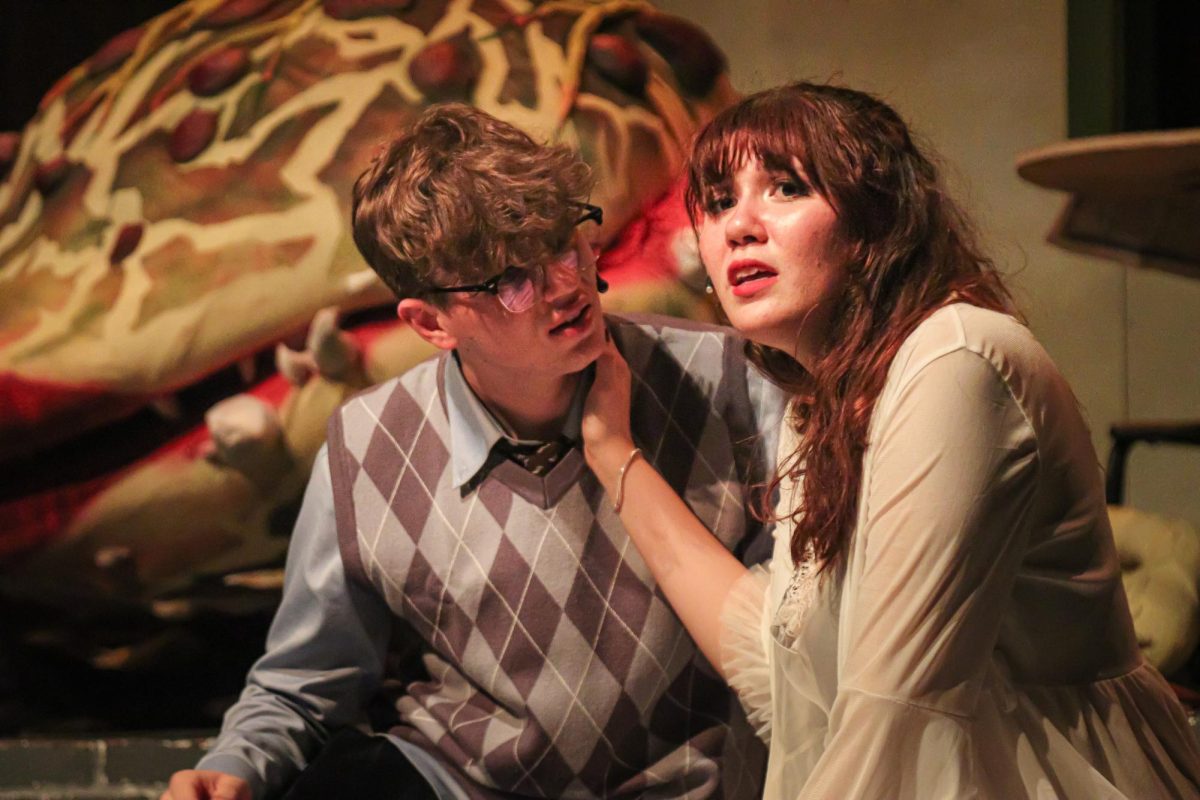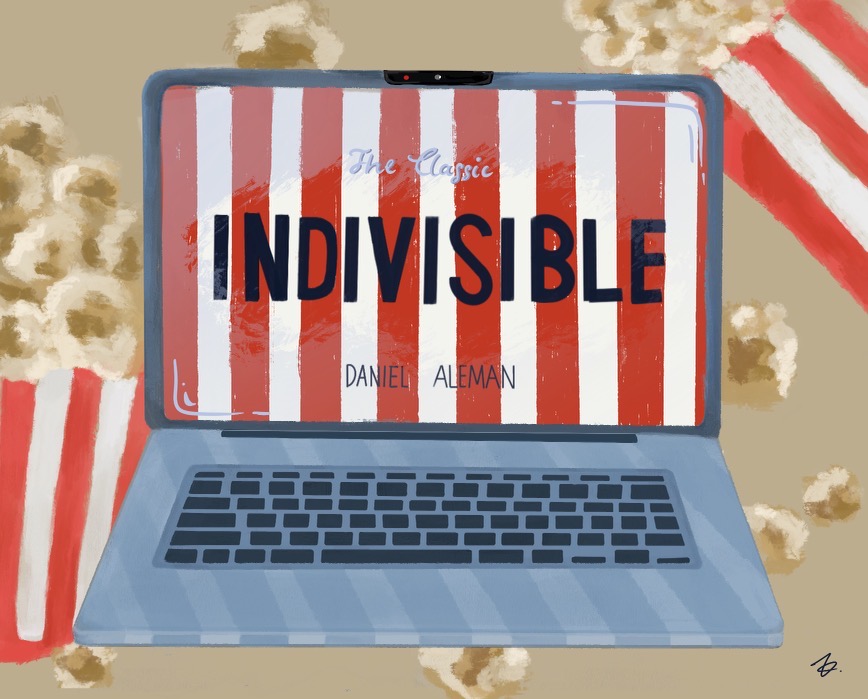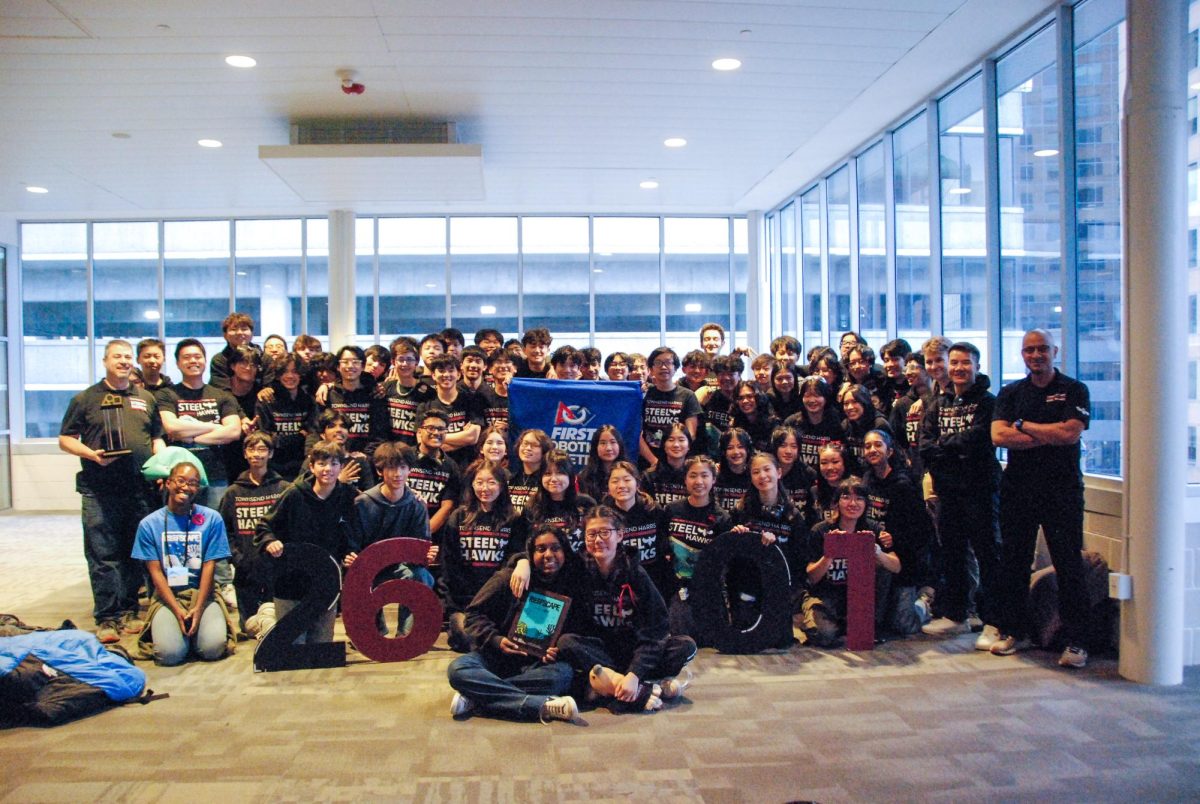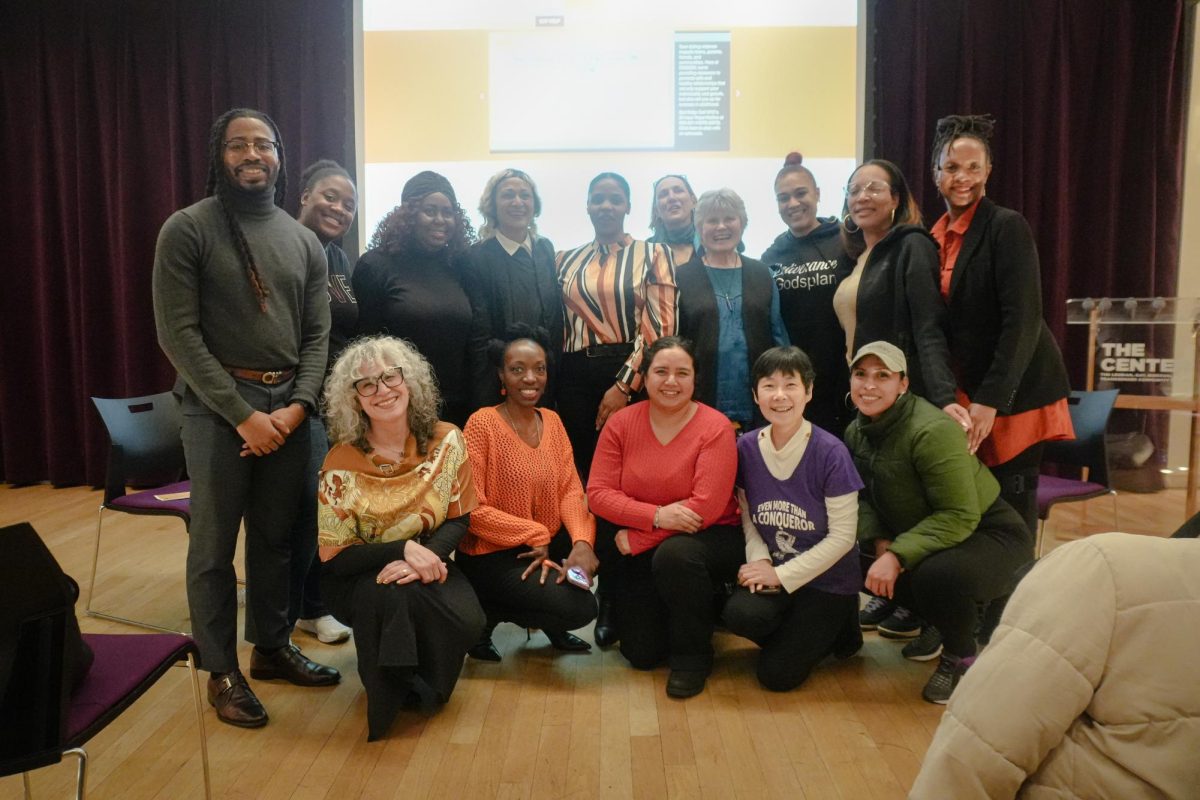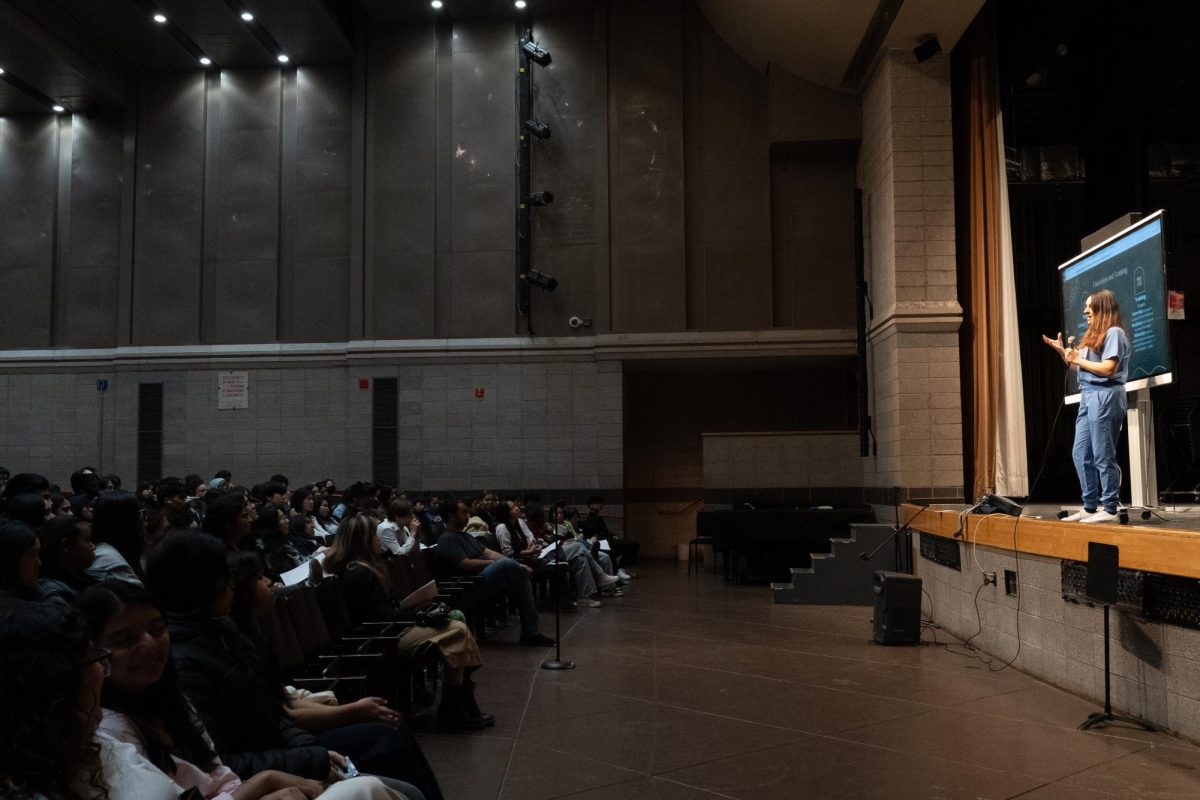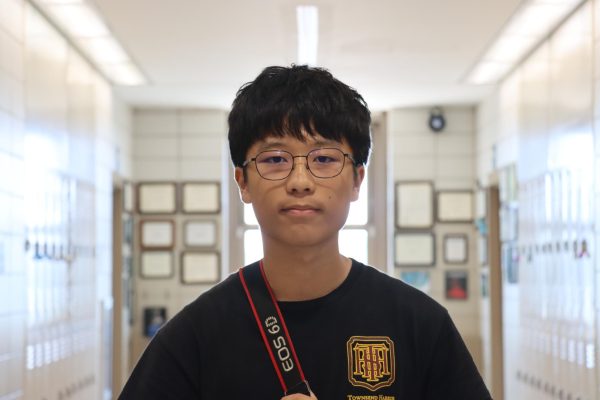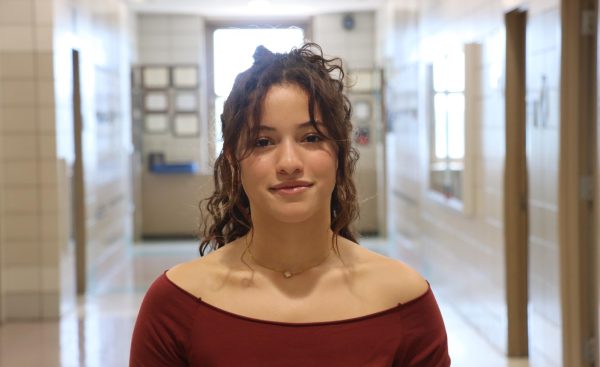
The NYC Mayor’s Office to End Domestic and Gender-Based Violence (ENDGBV) held the Intergenerational Healthy Relationships Summit last Thursday at The Center in Manhattan. With an audience that ranged from teenagers to elders, attendees witnessed and participated in discussions about domestic and gender-based abuse, healthy relationships, and the importance of cultivating safe connections between members of different generations.
Saloni Sethi, Commissioner of the Mayor’s Office End Domestic and Gender-Based Violence, and Molly Bernstein, Senior Director of Elder Justice at the NYC Department for the Aging, opened up the event. In their speeches, Commissioner Sethi and Director Bernstein shared personal experiences related to the Summit before a panel discussion featuring speakers from multiple related organizations. Each member answered questions regarding unhealthy relationships and toxic environments, explaining how to navigate through them.
In an interview with The Classic (which was invited to attend and cover the event), panelist Devin Deane said the main idea of the panel discussion was to “bridge the gaps between the older generations and younger generations around having honest, vulnerable conversations around love and about their own experiences around the struggles that they experience in the pursuit of love.” Mr. Deane works at the RISE project, a program run by the Center for Justice Innovation, that he said is centered around conversations on love, healthy relationships, and potential harm (in relationships).
Multiple members from ENDGBV’s VOICES Committee were a part of the panel. According to their website, the VOICES Committee “is a survivor-led group that aims to serve as a voice of hope and change for survivors of intimate partner violence throughout New York City.”
Commissioner Sethi praised survivor leaders at ENDGBV, saying that the event was spearheaded by “our survivor leaders.”
After the panel discussion, the audience had the chance to visit two breakout workshops, one on intimate relationships and one on platonic or familial relationships with loved ones from different generations. One workshop, Connecting Consent & Pleasure Using Sex Positivity, encouraged participants to discuss traditional consent education, its limitations, and how adopting new attitudes about sex can improve consent practices and overall sexual experiences.

The other workshop, Bridging the Gap, encouraged participants to explore generational communication gaps in relationships and proposed a supportive environment where knowledge about relationships and love is shared across generations.
After the breakout workshops, the audience moved to the resource showcase, which included representatives from various organizations, including the RISE Project, the Red Hook Community Justice Center, the New York Foundling, the NYC Department of Aging, Day One, and Planned Parenthood.
Representative from Planned Parenthood Meyo Lotvin said that events such as the Summit are important to spread awareness in the community about lesser-known services that are designed to help those in need. According to Ms. Lotvin, Planned Parenthood offers low-cost or free services regardless of immigration status such as sexual wellness workshops and STI testing. She said, “Planned Parenthood [is] usually known for just abortion services, but we do more than that. So having this opportunity … helps us spread the word.”
Mr. Deane discussed the RISE Project’s launch of the Respect First Program, which is a free, 16-week program that “is for young people who have caused harm in their relationships.” Mr. Deane said the program centers on “getting to the root causes of why [young people] have caused harm and supporting them in their accountability journey.”
At the conclusion of the Summit, Joseph Esheyigba, Director of Survivor and Community Engagement for ENDGBV, reflected on the event in an interview with The Classic. “It took a year of planning,” he said.
He continued, saying, “First we had it scheduled for November, but we realized that was too [early], and we needed more time. So we [moved it to] February, right before Valentine’s Day, and it would also be Teen Dating Violence Awareness Month.”
Mr. Esheyigba also shared ideas for future events similar to the Summit. He said, “There’s a block party that we’re thinking about doing in collaboration with a nonprofit…sometime in the summer we think around the same topic of intergenerational healthy relationships.”
Reflecting on the Summit, Commissioner Sethi said, “One thing we think about all of the time is how do we actually engage more young people to get involved, get them to show up for things like this. […] That’s something that we are always thinking about and …[this event] was a start.”
Alongside the Summit, the commissioner also marked Teen Dating Violence Awareness Month by publishing a letter to NYC Public School students (including one published in The Classic) about the importance of healthy relationships.
In a press release, Commissioner Sethi said, “It’s important for us to break cycles of violence as early as possible. By reaching out directly to students in school, we are meeting them where they are and encouraging them to have early conversations about building healthy relationships to set them up for success inside and outside the classroom.”
Additional Reporting by Isabella Zapata

